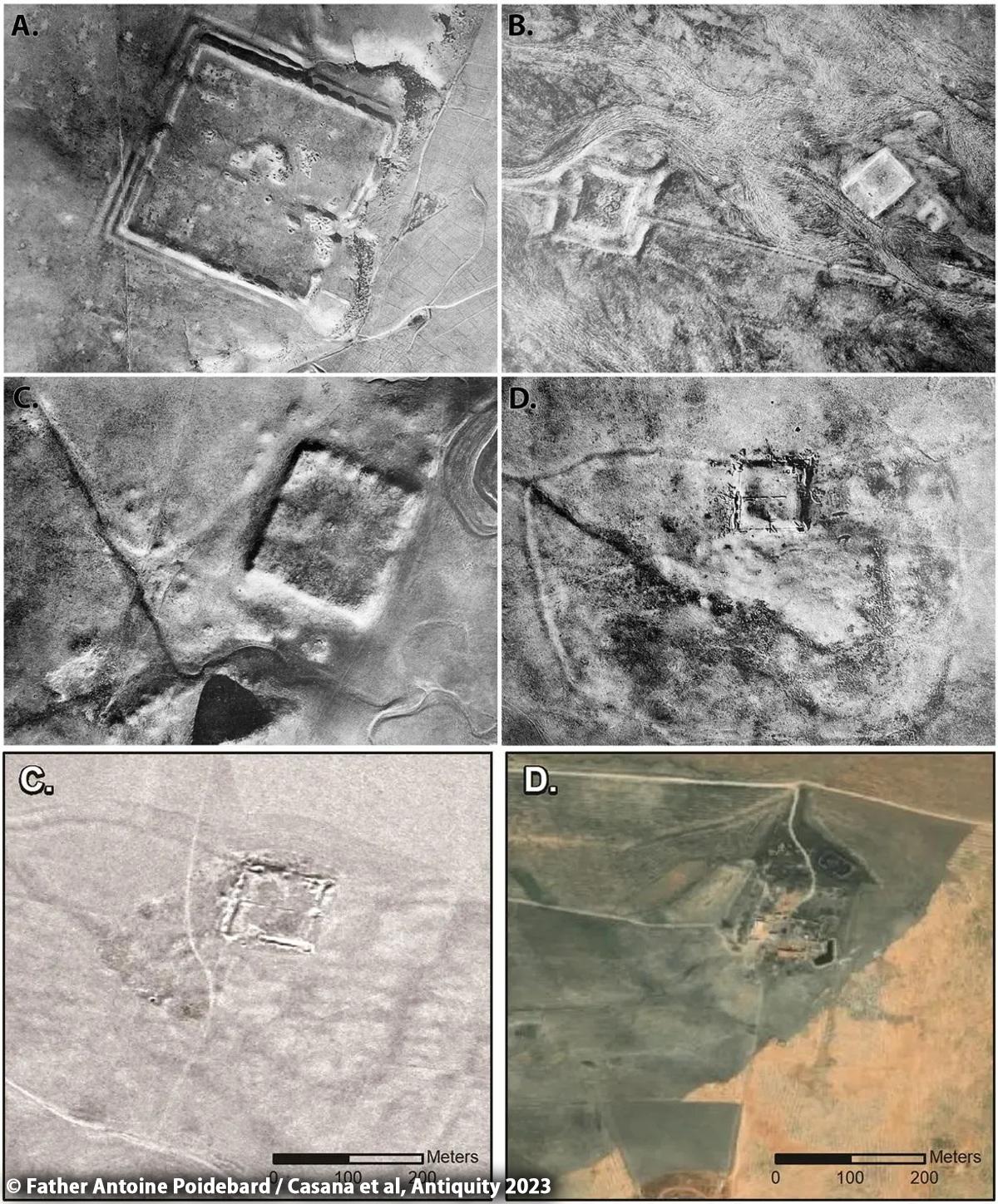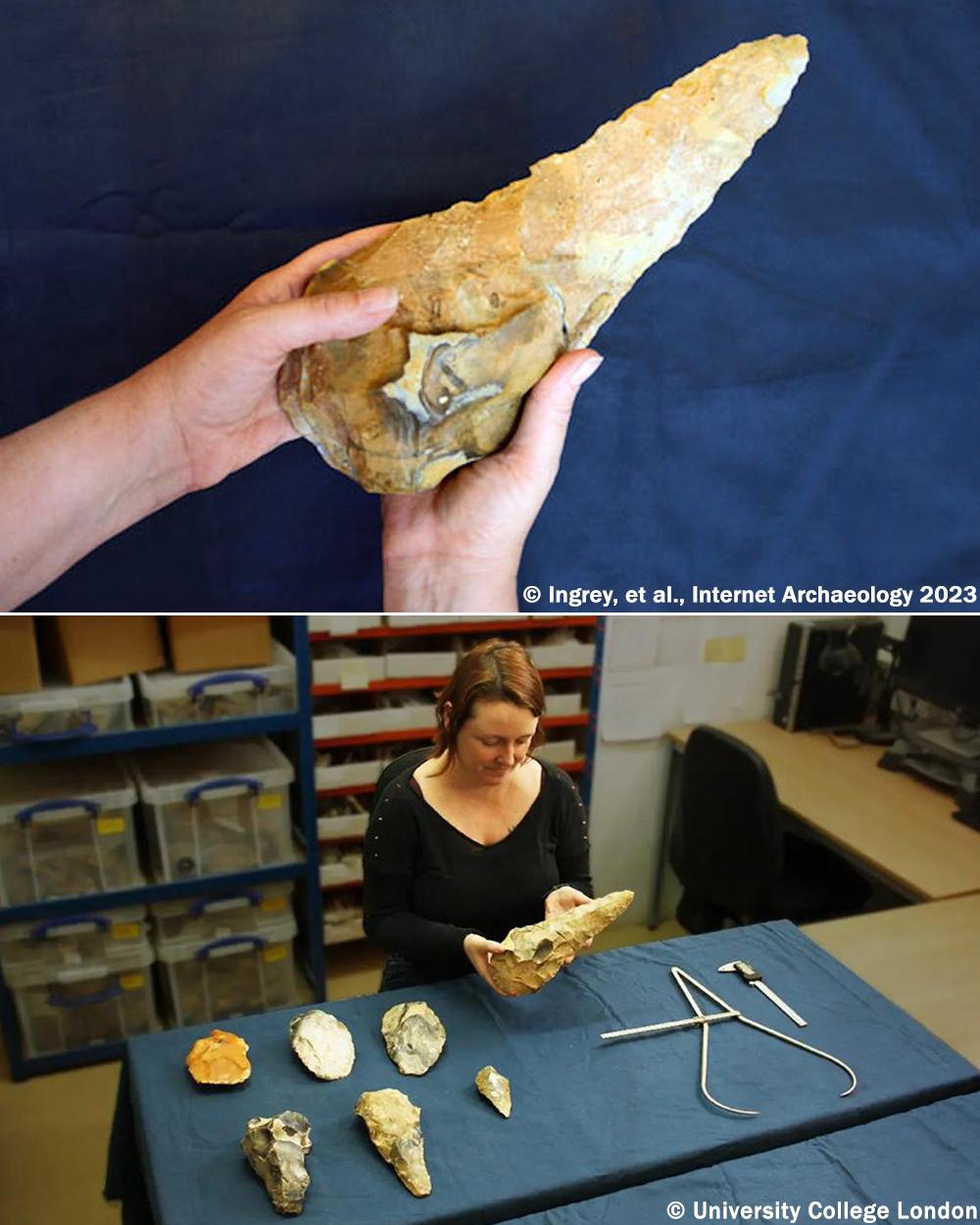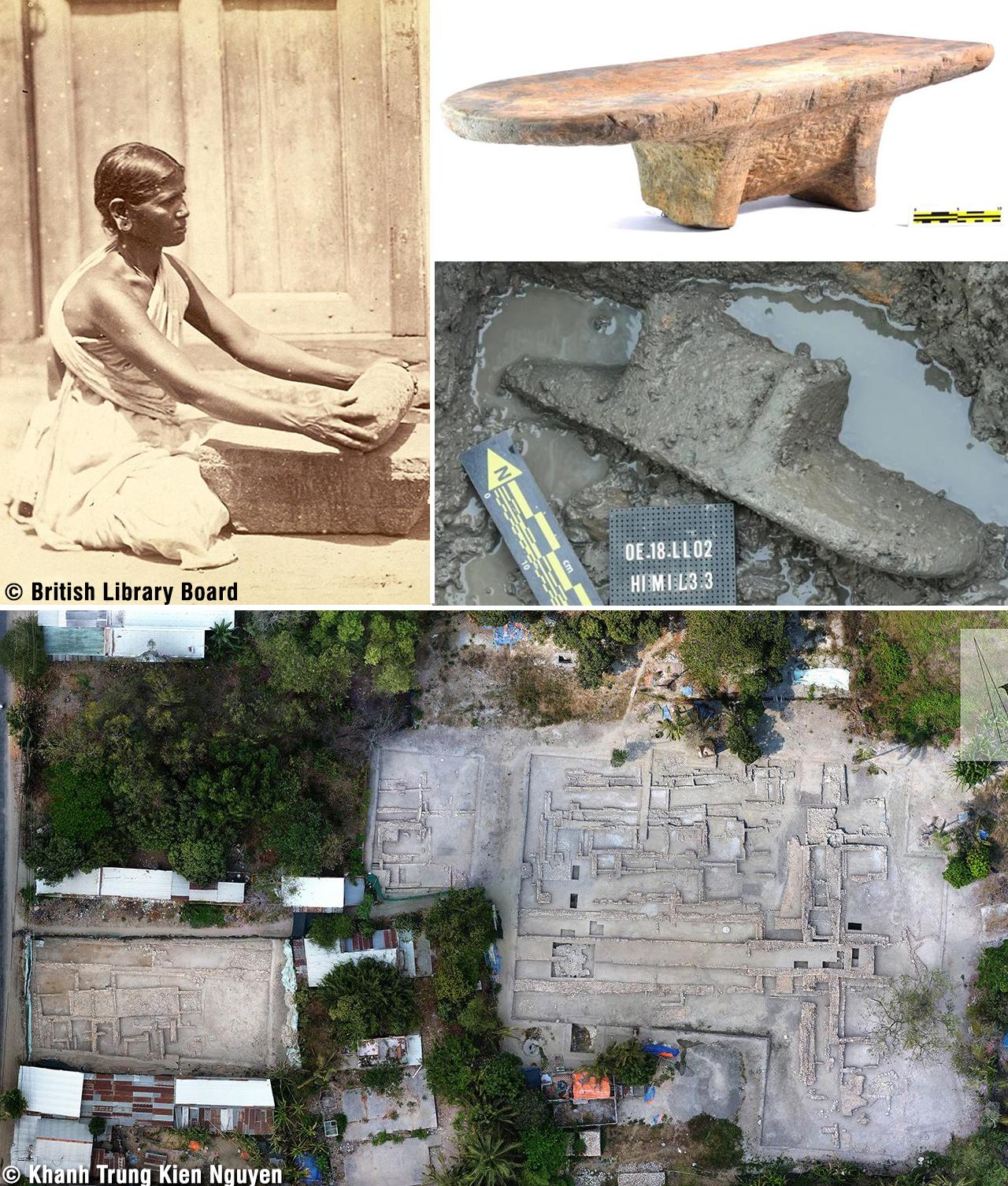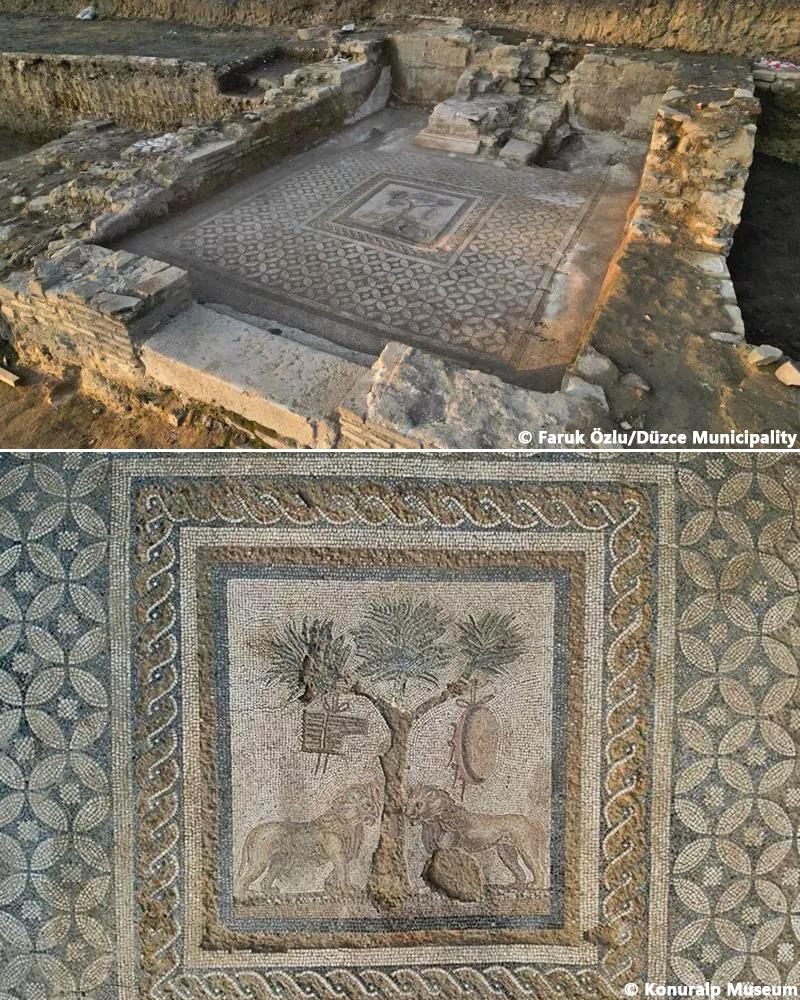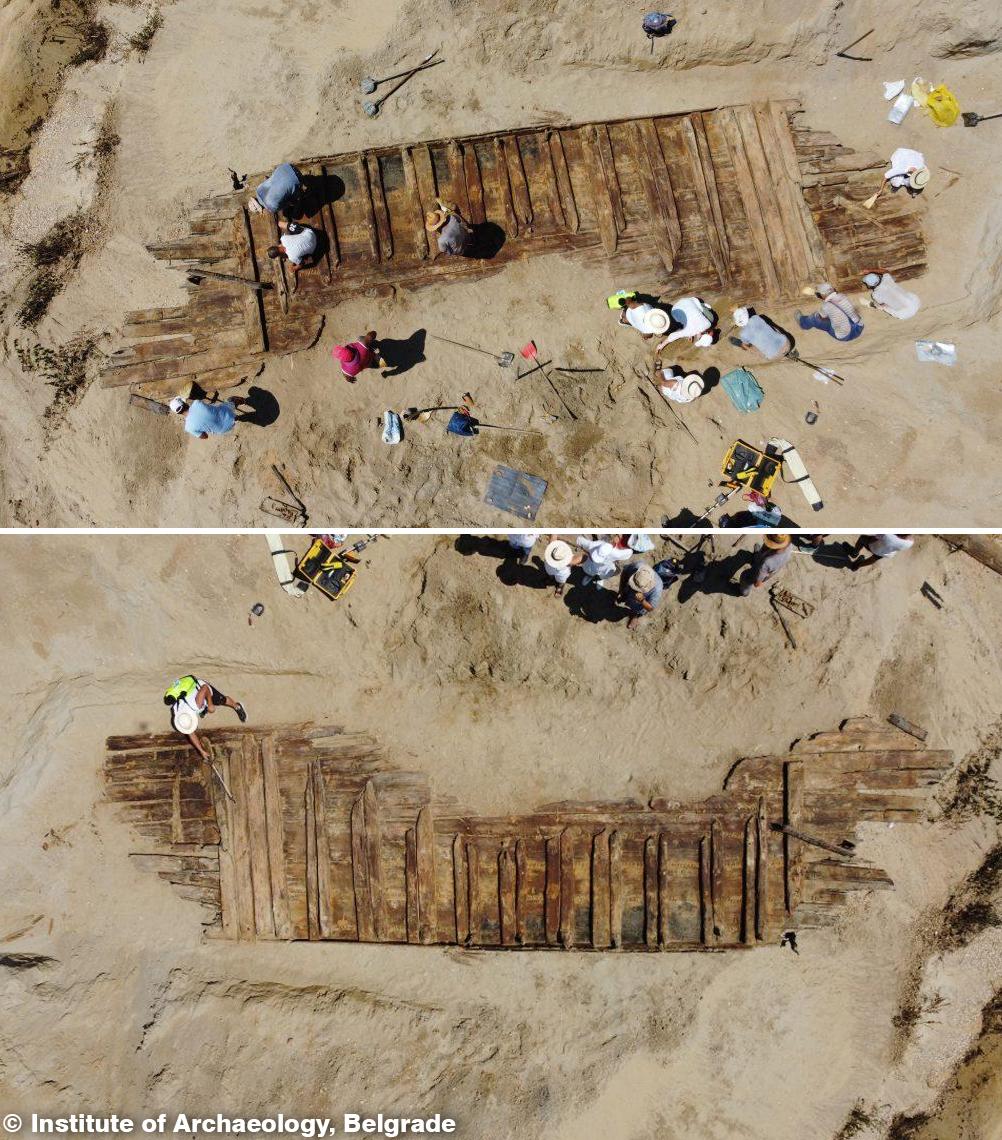As the sun sets over East Macedonia in Greece, the ancient theater of Philippi stands in the shadow of the acropolis, creating a breathtaking view of the city's historical legacy. The image above captures the theater illuminated against the dusky backdrop of the sunset, providing a glimpse into the cultural and historical richness of this UNESCO World Heritage Site.
The city of Philippi was established in 356 BC by King Philip II of Macedon, the father of Alexander the Great.
Its strategic location along the Via Egnatia made it a crucial hub for trade and military campaigns.
Philippi played a pivotal role in the Roman Civil War when the forces of Mark Antony and Octavian defeated Brutus and Cassius in 42 BC.

The Apostle Paul visited Philippi around 49-50 AD and founded the first Christian church in Europe.
The city's importance as a religious center continued into the Byzantine era.
Built initially by King Philip II, the theater was reconstructed and expanded during the Roman era.
It features a large semicircular orchestra, cavea (auditorium), and a stage building (skene).
The Romans added elaborate architectural elements, including a raised stage for gladiatorial games and animal fights.

Excavations and restorations in the 20th century revealed the theater's grand structure.
Today, it hosts the annual Philippi Festival, attracting audiences with modern adaptations of ancient dramas, concerts, and other cultural events.
Rising above the ancient theater, the acropolis provided defense and oversight for the ancient city.
It served as a fortified citadel in Hellenistic, Roman, and Byzantine times.
The acropolis includes the ruins of fortification walls, gates, and Byzantine-era towers.
Its strategic position offers panoramic views of the surrounding plains and the Aegean Sea.

In 2016, Philippi was designated a UNESCO World Heritage Site due to its cultural and historical importance.
The city's blend of Hellenistic, Roman, and early Christian remains provides a unique snapshot of ancient civilizations.

Visitors can explore the theater, acropolis, and other notable ruins such as the Basilica B, Forum, and Octagon Church.
The Archaeological Museum of Philippi houses artifacts that reveal the city's rich past.
The Philippi Festival, held every summer in the ancient theater, brings Greek and international artists together to celebrate the arts.
The ancient theater of Philippi, framed by the acropolis against the sunset, offers a mesmerizing view of Greece's historical grandeur. It stands as a testament to the enduring legacy of Hellenistic, Roman, and Christian cultures that once flourished in East Macedonia. With its dramatic scenery, architectural beauty, and rich historical significance, Philippi remains a timeless symbol of Greece's cultural heritage.






